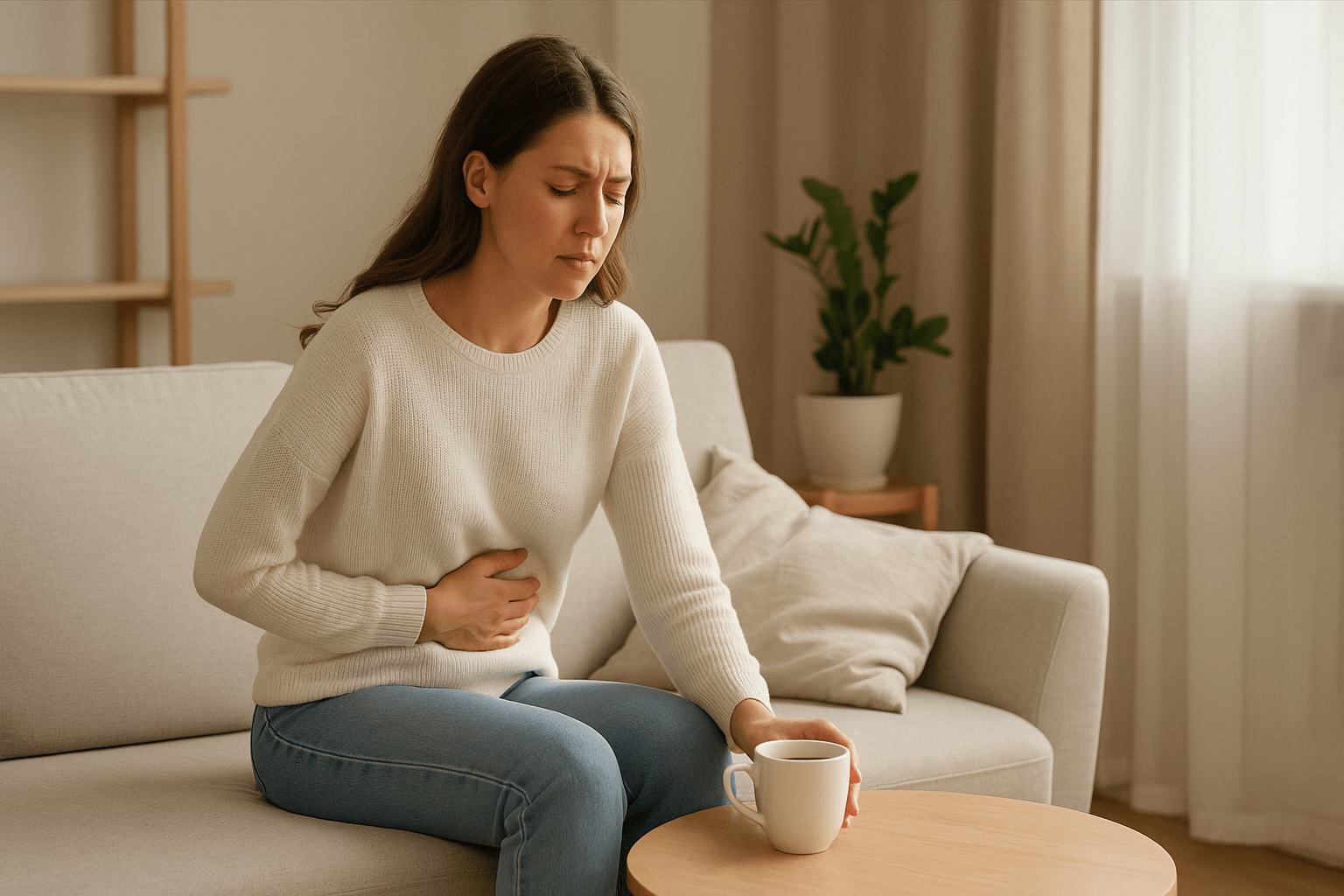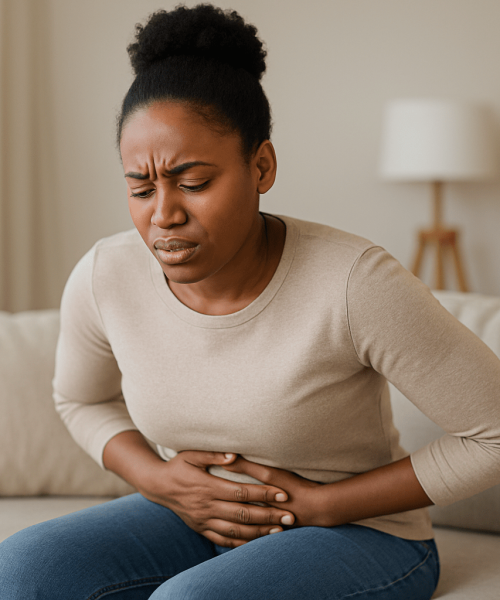Shopping Cart
CloseNo products in the cart.
Filter
closeWhen Your Gut Wails: Understanding Stomach Aches and Finding Relief
Author: ItHurts.com
Few things can derail your day like a stomach ache. It creeps up in the middle of work, ruins a perfect dinner, or jolts you awake at night. Whether it’s a dull, persistent ache or sharp, cramping pain, your gut’s distress can leave you wondering what triggered it—and how to calm it down. This guide explores the common causes of stomach aches, why they hurt, and the most effective ways to recover and prevent them.
Your Gut’s Cry for Help - Let’s Talk

What Is a Stomach Ache?
A stomach ache—also known as abdominal pain—refers to discomfort or pain felt between the chest and pelvis. This area houses key organs like the stomach, intestines, liver, and kidneys. The pain can be mild or intense, occasional or chronic, and may signal anything from trapped gas to more serious conditions like ulcers or infections. This guide explores the common causes of stomach aches, why they hurt, and the most effective ways to recover and prevent them.
Why Does It Hurt?
Your digestive system is highly sensitive and connected to the brain through an intricate network of nerves. When something disrupts this balance, the body reacts with pain.
Nerve Sensitivity
The gut is lined with thousands of nerves that detect irritation or inflammation. When triggered, these nerves send pain signals to your brain.
Inflammation
Conditions like gastritis, appendicitis, or irritable bowel syndrome (IBS) cause inflammation that activates pain receptors in the intestinal walls.
Muscle Contractions
The stomach and intestines move food using rhythmic contractions. When these tighten too much (due to stress, dehydration, or digestive issues), sharp or twisting pain can occur.
Acid Imbalance
Your stomach needs acid to digest food, but too much of it—or a weakened stomach lining—can lead to heartburn, acid reflux, or ulcers, all of which cause a burning ache.

Feels like: Burning or heaviness in the upper abdomen, often after eating. Causes: Overeating, eating too fast, or consuming spicy, fatty, or acidic foods.
Feels like: Pressure or heaviness in the lower abdomen. Causes: Dehydration, low-fiber diet, or prolonged inactivity.
Feels like: Sudden, severe pain with diarrhea, fever, or vomiting. Causes: Contaminated food or water, viruses, or food poisoning.
Feels like: Cramping, fullness, or stabbing pain that shifts in location. Causes: Swallowing air, carbonated drinks, or foods like beans, cabbage, and onions.
Feels like: Lower abdominal pain radiating to the back. Causes: Uterine contractions during menstruation.
Feels like: Tightness or a “knot” in the stomach. Causes: The brain-gut connection alters digestion during stress, causing discomfort.
